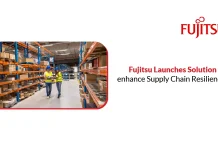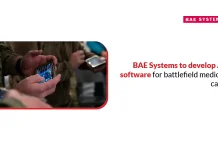Fluence Analytics, a venture capital backed global leader in continuous polymer and biopharma analytics and process optimization, announced a circular economy initiative anchored by a phased depolymerization research project. The new project starts with a technology and market assessment of the circular economy, specifically focused on the conversion of plastic waste into reusable raw materials. Fluence Analytics has partnered with its academic research partner, Tulane University’s Energy Institute, and one of its investors and customers, Diamond Edge Ventures, the Corporate Venture Capital arm of Mitsubishi Chemical Holdings Corporation, on this endeavor.
Also Read: Azelis Expands Into South America With the Acquisition of ROCSA in Colombia
The study has already provided insights into the dynamic circular economy, including a comprehensive view of available technologies in the sector. Using these insights, Fluence Analytics has developed a roadmap for subsequent phases of activity targeting implementation of analytics and control solutions to enable economic scale up of new depolymerization technologies. The next phase of the project is a technical proof of concept. The breakdown of plastic materials into feedstocks that are then used to create new products is one of many proposed solutions toward a more sustainable future. Over time this will reduce the volume of plastic pollution in Earth’s environment.
“When we were still incubating on Tulane’s campus, we always envisioned enabling more sustainable production of polymer materials. ACOMP, our real-time polymer analytics solution that improves operational efficiency, has already contributed toward that objective, but the possibility of directly participating in the circular economy via new depolymerization technologies is a completely new dimension for us,” says Alex Reed, Co-founder, President and CCO of Fluence Analytics. “We now have a chance to work with the industry to fully close the loop, both in process control and renewable feedstocks, across polymer production, which is a driving force in our company’s mission.”
A simple example of depolymerization is the conversion of polyethylene back to ethylene. The advantage of going back to the chemical building block is the ability to leverage existing assets to polymerize the monomers back into polymer with the properties of newly created material. Mechanical recycling, while very useful for a range of applications, has several challenges due to additives and altered properties of reprocessed material.




